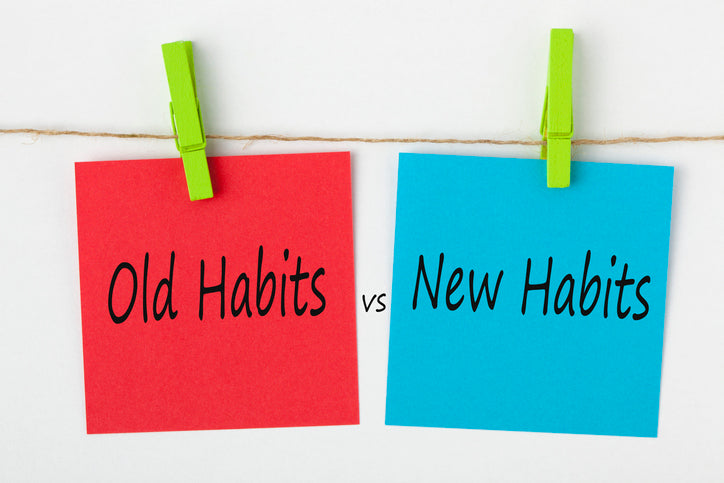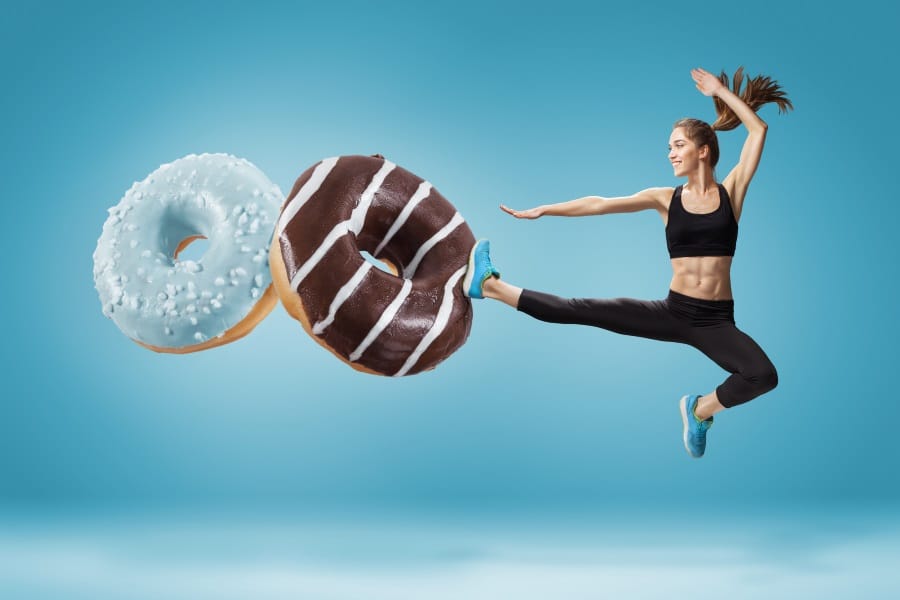
Are You a Sugar Burner or a Fat Burner?
Are you hungry every few hours? Are you tired and cranky if you miss your mid-morning snack? Do you put on weight easily, and have trouble taking it off? If so, here’s why: You’re a sugar burner, not a fat burner.
What’s the difference?
If you’re a sugar burner, you primarily use glucose as your fuel. That’s because you’re eating a high-carbohydrate diet, and this means you’re dumping tons of sugar into your body. (Remember that all carbs—even those “healthy” whole grains—turn into sugar in your body.)
So what’s the problem? All that sugar causes wild blood sugar swings. Your blood glucose soars when you eat, and then plummets as your body over-compensates with insulin. So you go from a sugar “high” to a sugar “crash” within hours. As a result, you need to graze all day long or you’ll feel weak, exhausted, and moody.
Even worse, when you’re a sugar burner, you throw your hormones and your body’s response to them out of whack. As a result, you pack on pounds around your belly, and you increase your risk of obesity, metabolic syndrome, and diabetes. It’s no surprise that all of these problems are epidemic after decades of misguided advice to cut out fat and load up on carbs.
Now, let’s talk about how different things are if you’re a fat burner.
In this case, your body primarily uses fat as fuel. That’s because you’re eating a diet that’s low in carbs, so your cells aren’t constantly bathed in sugar. Your body burns the small amount of carbs you get from vegetables and limited amounts of fruit, and then it digs into your fat stores for the rest of the energy you need.
One great analogy I saw over at Primal Body—Primal Mind is that burning sugar is like building a fire with nothing but kindling. It’ll burn hot and fast, but you’ll need to keep stoking it constantly. But use a tiny bit of kindling to set a big log on fire—the equivalent of what happens when you eat a low-carb diet—and you’ll be warm and comfy for hours.
What’s more, being a fat burner doesn’t just eliminate your need to eat every few hours; it’s also way better for your long-term health. When you become a fat burner, your hormones and your body’s response to them become optimal, and your metabolism sings.
What’s the result of all this? Your blood sugar stays stable. You aren’t moody at mid-morning and half-dead by mid-afternoon. You melt off fat like crazy, and you lower your risk for metabolic syndrome and diabetes.
In short, if you want to lose weight, have boundless energy, and avoid becoming a statistic in the epidemics of obesity and diabetes, you need to switch from burning sugar to burning fat. And in my next blog post, I’ll tell you exactly how to do it… so stay tuned!
Keep thinking Big and living BOLD!









